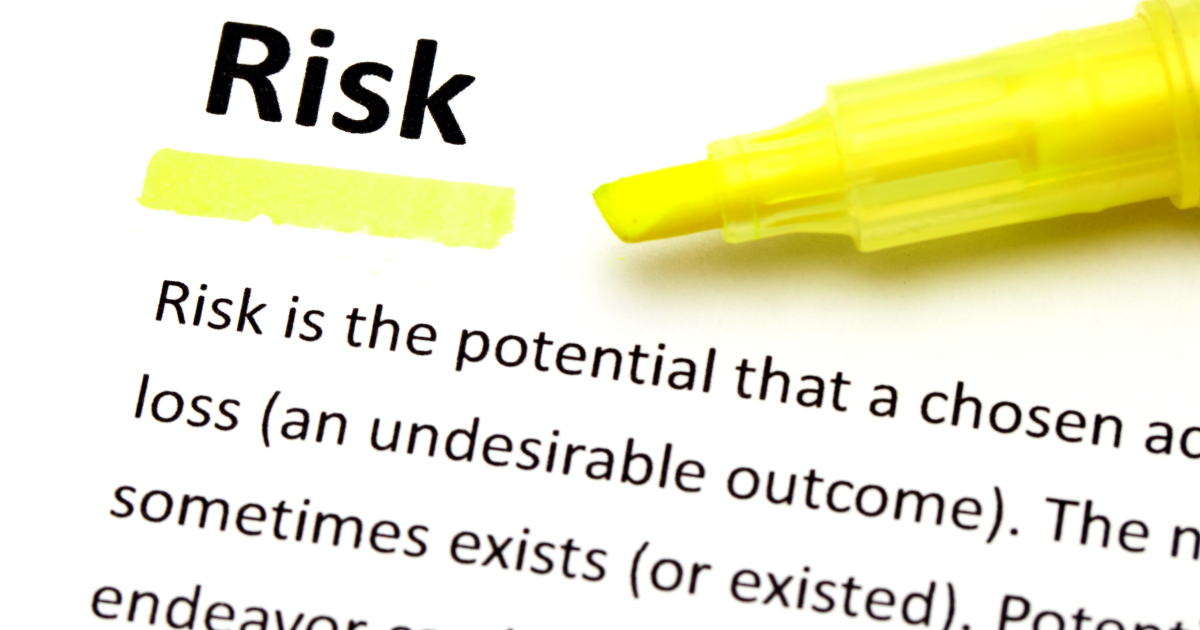Construction projects face numerous risks, from fire to theft and weather damage. Builder’s risk insurance helps protect your investment against unexpected events during construction. Without it, a single disaster could delay your project and lead to significant financial loss. Builders risk insurance what you need to know. Talk to a consultant for more help. Work with experts through construction management services.
This article will break down what you need to know about builder’s risk insurance. We’ll cover its coverage, who needs it, and how it can benefit your construction project.
What Is Builder’s Risk Insurance?
Builder’s risk insurance, or course of construction insurance, covers buildings under construction or renovation. It protects the building, materials, and equipment from damage caused by unexpected events like fire, vandalism, or severe weather. Importantly, the policy typically lasts only during construction and ends once the project is complete.
What Does Builder’s Risk Insurance Cover?
Builder’s risk insurance covers a wide range of risks that occur during construction. Understanding what it covers helps you prepare for any potential setbacks. Common covered risks include:
1. Fire and Explosion
Fires can cause severe damage during construction. Builder’s risk insurance will cover fire damage to the structure and materials. Explosions, often a result of construction activities, are also typically covered.
2. Theft and Vandalism
Construction sites are prime targets for theft. Expensive materials and tools are often stolen. Builder’s risk insurance covers the replacement of stolen items and repairs caused by vandalism.
3. Weather-Related Damage
Storms, high winds, and hail can damage buildings under construction. This insurance protects against such weather-related events that disrupt your project.
4. Equipment and Material Damage
Expensive equipment and materials can get damaged or lost on-site or during transit. Builder’s risk insurance ensures that repairs or replacements are covered.
5. Building Collapse
Structural failures during construction can lead to partial collapses. Builder’s risk insurance will cover the costs of repairing such damage.
6. Debris Removal
If storms or fires leave debris behind, builder’s risk insurance can cover the costs to clean up and remove it, helping your project stay on track.
What Builder’s Risk Insurance Does Not Cover
While builder’s risk insurance covers many risks, some exclusions are important to know. These include:
1. Employee Injuries
Builder’s risk insurance does not cover worker injuries on-site. You will need workers’ compensation insurance for this.
2. Faulty Workmanship
Builder’s risk insurance won’t cover damages caused by poor craftsmanship, design flaws, or contractor negligence. Contractor’s liability insurance would cover these types of incidents.
3. Normal Wear and Tear
Damage from regular wear and tear isn’t covered by this type of insurance. It only applies to unforeseen damage during construction.
4. Floods and Earthquakes
Builder’s risk insurance typically excludes damage caused by floods and earthquakes. However, you can purchase separate coverage for these events.
Who Needs Builder’s Risk Insurance?
Builder’s risk insurance is essential for anyone involved in construction projects. Property owners, contractors, and subcontractors all benefit from the coverage. In many cases, financial lenders require it to protect their investment. The responsibility of purchasing the policy often falls on the project owner or general contractor, depending on the contract.
Who should consider builder’s risk insurance:
- Property Owners: Protect their investment in the new building or renovation.
- Contractors: Cover expensive equipment and materials from damage or theft.
- Lenders: Protect their financial interest in the construction project.
How Long Does Builder’s Risk Insurance Last?
Builder’s risk insurance policies are short-term. Coverage typically lasts for the duration of the construction project. Standard policy lengths include three, six, or 12 months, depending on the timeline. Once construction is complete, the policy ends. At that point, property insurance takes over.
If delays push back the completion date, you can extend the policy. It’s essential to communicate timeline changes to your insurer to maintain coverage.
How Much Does Builder’s Risk Insurance Cost?
Several factors influence the cost of builder’s risk insurance. These include the value of the project, location, and materials used. On average, the policy costs between 1% and 5% of the total construction cost. For example, a $500,000 project might see insurance costs range from $5,000 to $25,000.
Consult with a specialized insurance agent to get an accurate quote tailored to your project’s needs.
Choosing the Right Builder’s Risk Insurance Policy
Selecting the right policy ensures you’re fully protected. Carefully review coverage details, exclusions, and policy limits. Consider these factors:
1. Scope of Coverage
Make sure the policy covers major risks such as fire, weather damage, theft, and material losses.
2. Policy Limits
Ensure the coverage amount reflects the total value of the construction project, including materials and equipment.
3. Exclusions
Be aware of what the policy doesn’t cover, like earthquakes or contractor errors, and consider purchasing separate policies if needed.
4. Policy Duration
Choose a policy term that matches your expected timeline. Plan for possible extensions if delays occur.
Working with an insurance agent who specializes in construction ensures you choose the best policy for your specific project needs.
Conclusion
Builder’s risk insurance is an essential part of any construction project. It protects against a variety of unforeseen risks that could derail your project and cause financial loss. Understanding what it covers, who needs it, and how it works can save you from unexpected setbacks.
By selecting the right policy and coverage, you can ensure your construction project moves forward smoothly, despite potential challenges. Builder’s risk insurance gives you the peace of mind to focus on building without the fear of major disruptions. Builders risk insurance what you need to know. Talk to a consultant for more help. Work with experts through construction management services.


